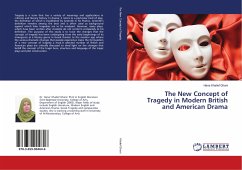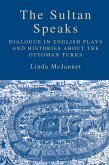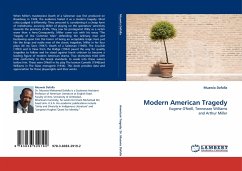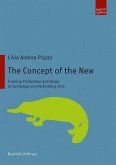Tragedy is a term that has a variety of meanings and applications in criticism and literary history. In drama, it refers to a particular kind of play, the definition of which is established by Aristotle in his Poetics. Aristotle's definition remains among the best and is often used as background against which later tragedies are to be analyzed. However, many plays, which have been written after Aristotle do not conform completely to his definition. The purpose of this study is to trace the changes that the concept of tragedy has been undergoing from the early beginnings of its emergence as a literary genre in Greek theater to the modern age where the various dramatic changes that people experience make the formulation of a new concept of tragedy a must.A selected number of British and American plays are critically discussed to shed light on the changes that befell the concept of the tragic hero, structure and language of the tragic plays and plot construction.
Hinweis: Dieser Artikel kann nur an eine deutsche Lieferadresse ausgeliefert werden.
Hinweis: Dieser Artikel kann nur an eine deutsche Lieferadresse ausgeliefert werden.








